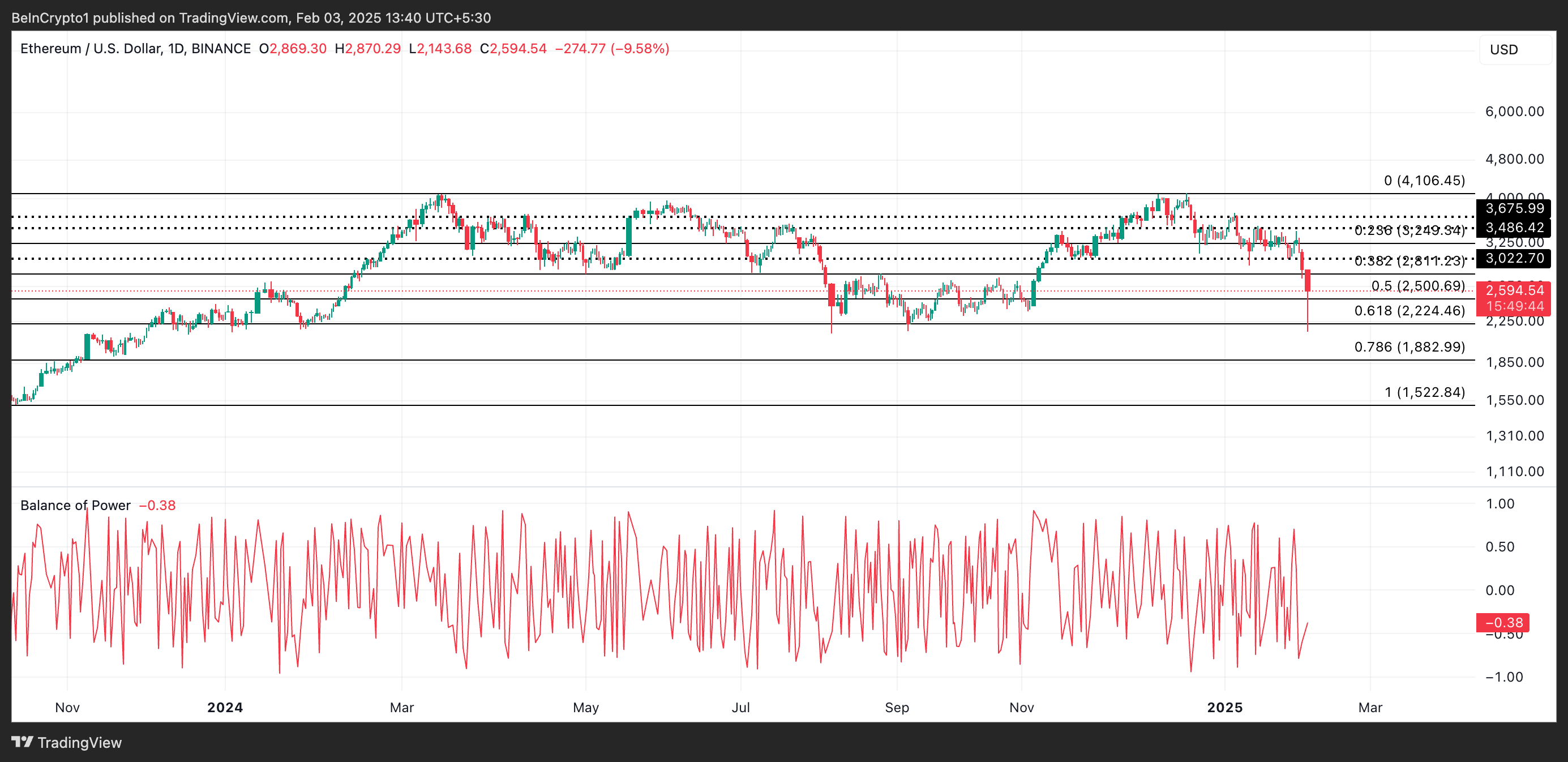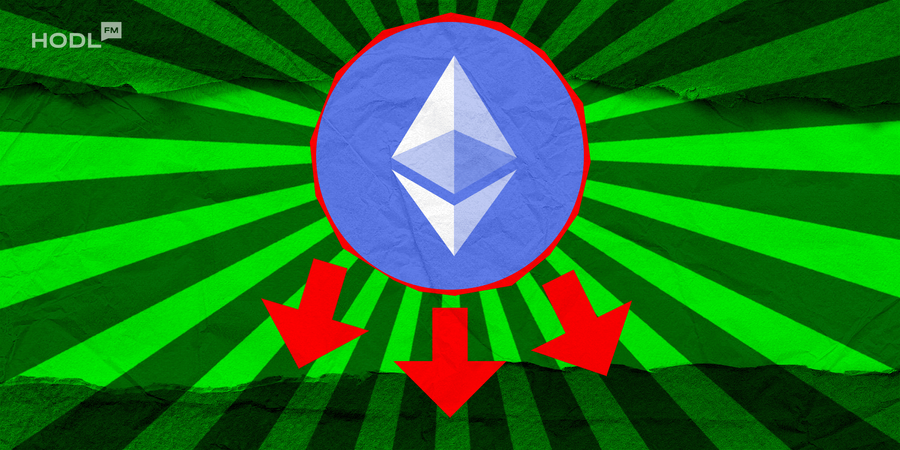The cryptocurrency market has recently faced significant turbulence, primarily attributed to the announcement by U.S. President Donald Trump of substantial tariffs on imports from Mexico, Canada, and China. These tariffs have not only impacted traditional financial markets but have also led to notable declines in the crypto space.
🚨BREAKING: $2.2 BILLION was liquidated from the crypto market in the past 24 hours, with over 700,000 traders liquidated.
— Jesse Cohen (@JesseCohenInv) February 3, 2025
Worst liquidation event in history in a single day.
More than the FTX collapse ($1.6B). More than the Covid crash.
A historic wipeout. $BTC $ETH $XRP pic.twitter.com/SJ9u9XmRVd
Ethereum's Volatility
Ethereum (ETH), the second-largest cryptocurrency by market capitalization, experienced a sharp decline, dropping approximately 24% to a low of $2,125—the lowest since June 2024. This downturn was part of a broader market sell-off triggered by the new tariffs. However, ETH demonstrated resilience by rebounding approximately 20%, trading around $2,600 at the time of this report.
Largest liquidation event on $ETH in the past 2+ years with the most negative funding... most comparable event to this was March 2020 Covid Crash.
— Max (@MaxBecauseBTC) February 3, 2025
I believe those that stick around will be rewarded. Most will not stick around. Defining moment for many. We all go through it. pic.twitter.com/hmZRGuGJAo
The initial decline led to significant liquidations, with over $600 million in ETH positions closed within 24 hours. Analysts are now closely monitoring the $2,550 level as a potential new support threshold. Maintaining a price above this level is considered crucial for sustaining bullish momentum. A drop below could signal further bearish trends, potentially leading to additional declines.
The negative sentiment extended beyond Ethereum, affecting several major altcoins. Cryptocurrencies such as Cardano (ADA), Avalanche (AVAX), XRP, Chainlink (LINK), and Dogecoin (DOGE) each experienced significant losses, with declines exceeding 20% in the past 24 hours. This widespread downturn contributed to an 11.4% reduction in the overall cryptocurrency market capitalization, bringing it down to approximately $3.17 trillion.
Crypto market now pic.twitter.com/8U8VF3VdCF
— Anya (@anyatrades) February 2, 2025
Market Reactions and Analysis
The imposition of tariffs by the U.S. government has introduced significant uncertainty into global markets. Investors are expressing concerns that these trade barriers could lead to increased inflation and slower economic growth, factors that traditionally reduce liquidity and negatively impact riskier assets, including cryptocurrencies.

Despite the prevailing negative sentiment, some analysts remain optimistic about the long-term prospects of cryptocurrencies. They argue that after the initial shock of the tariffs is absorbed, assets like Bitcoin and Ethereum may recover, driven by strong underlying demand and institutional interest. However, the immediate future is expected to be characterized by continued volatility as markets adjust to the new economic landscape shaped by the recent tariff announcements.

Disclaimer: All materials on this site are for informational purposes only. None of the material should be interpreted as investment advice. Please note that despite the nature of much of the material created and hosted on this website, HODL FM is not a financial reference resource and the opinions of authors and other contributors are their own and should not be taken as financial advice. If you require advice of this sort, HODL FM strongly recommends contacting a qualified industry professional.





